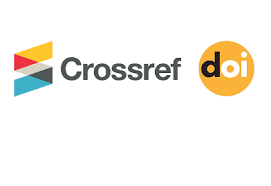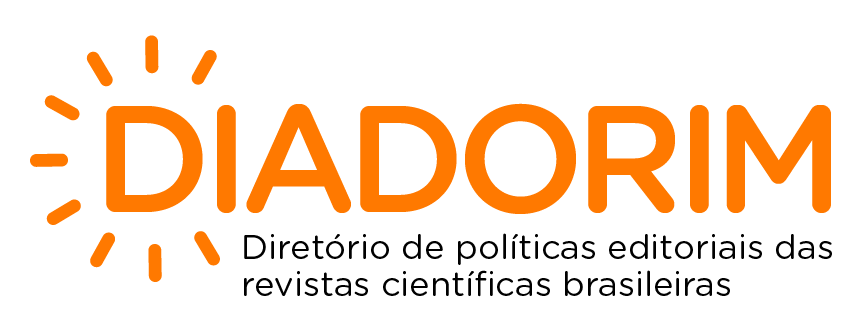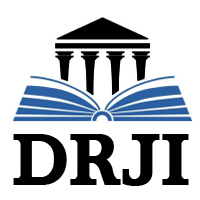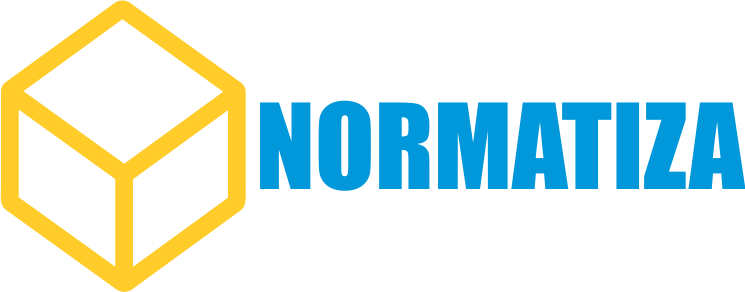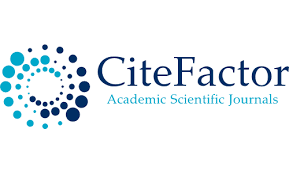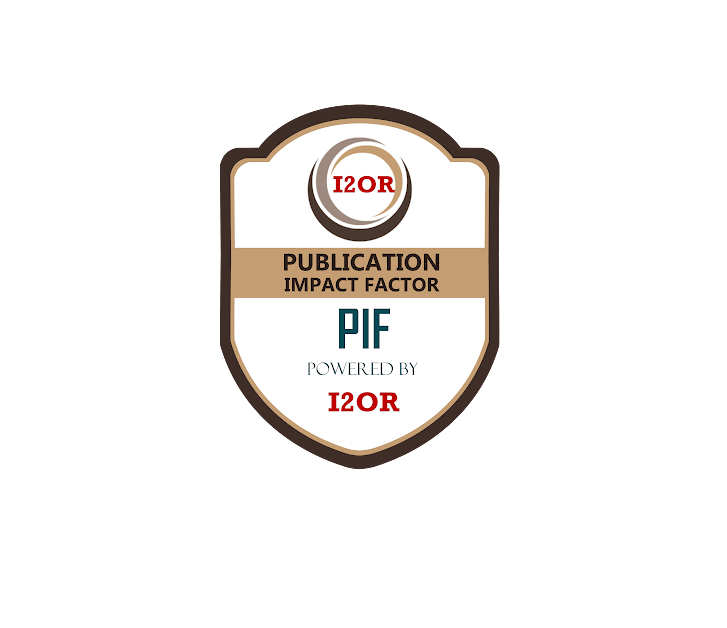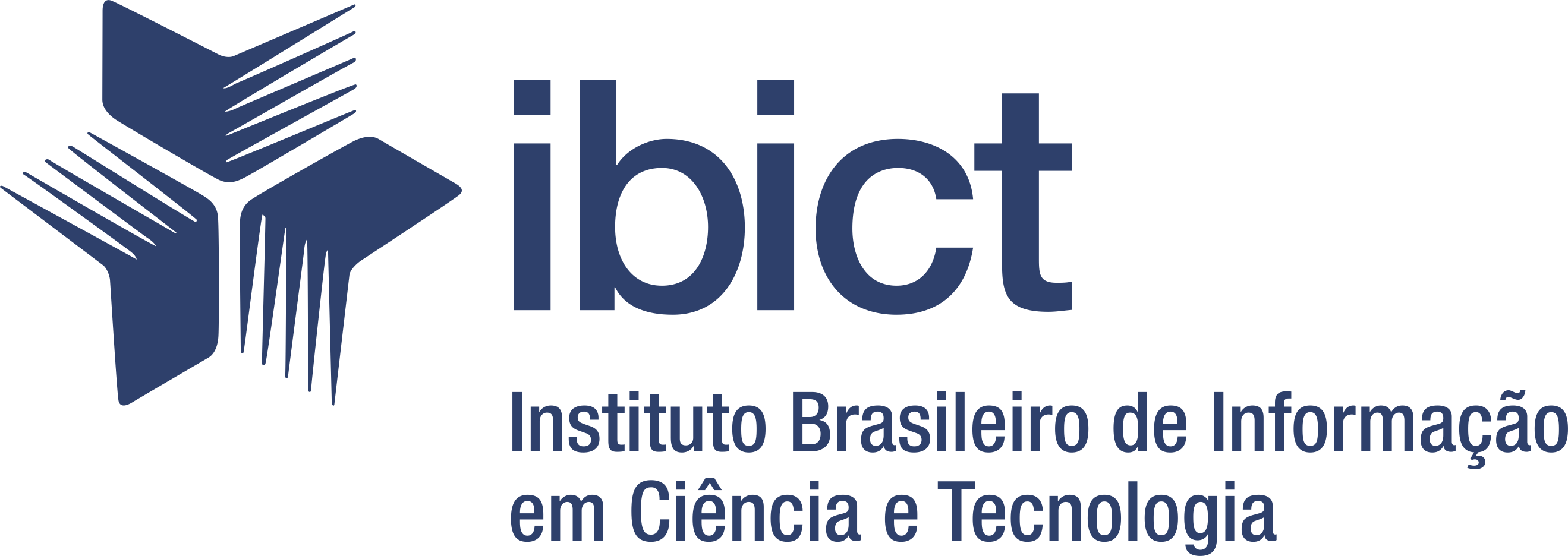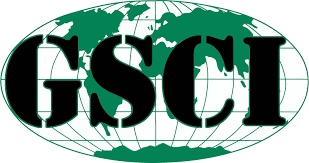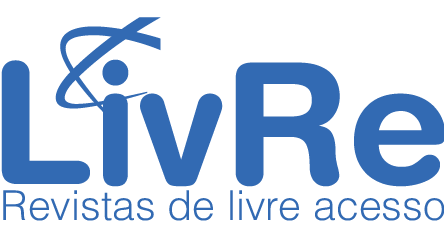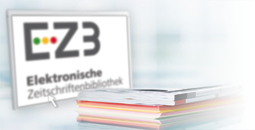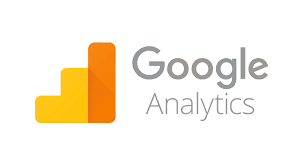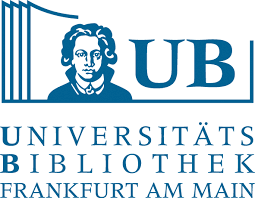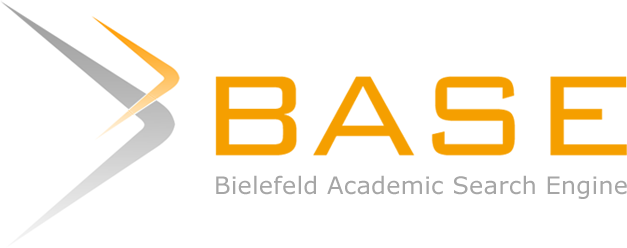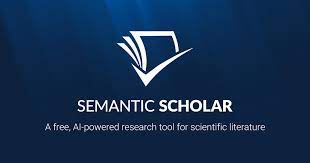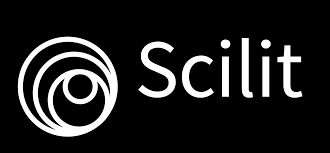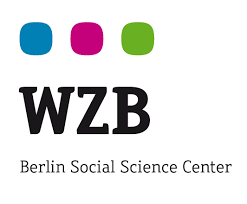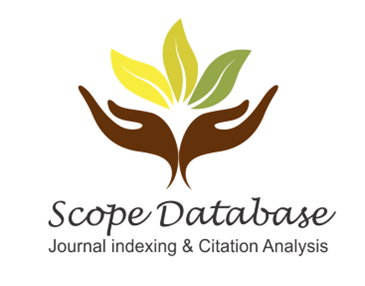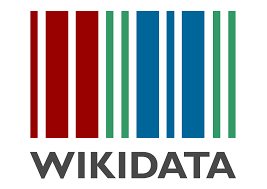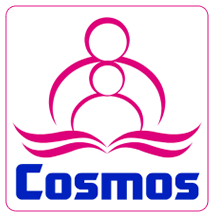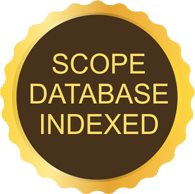ARTIFICIAL INTELLIGENCE AS A STRATEGIC TOOL IN THE PHARMACEUTICAL INDUSTRY: IMPACTS AND CHALLENGES
DOI:
https://doi.org/10.70187/recisatec.v5i4.400Keywords:
, Pharmaceutical industry, PhamacovigilanceAbstract
This research examined how Artificial Intelligence (AI) can be strategically employed in the pharmaceutical sector, considering its effects, uses, and obstacles. The overall goal was to analyze the effects of AI, taking into account both practical applications and the main ethical, regulatory, and operational challenges. A qualitative bibliographic study was used to identify and discuss the various applications of AI in the sector's production chain. The results confirmed that AI is a tool with the potential to significantly transform the industry, supporting the idea that its ethical application makes processes more efficient, safe, and personalized. The most relevant areas of application identified include Research and Development (accelerating molecule discovery), Pharmacovigilance (monitoring adverse effects), and Data Management (analyzing large volumes of data and machine learning). Predicting physicochemical characteristics, reducing costs, and speeding up drug development are some of the most significant advantages. The main challenges include protecting sensitive data (LGPD), algorithmic transparency, and defining legal responsibility. It can be concluded that AI is a driver of innovation; however, its successful implementation requires careful planning, a multidisciplinary approach, and strict ethical and regulatory management.
Downloads
References
ANVISA - Agência Nacional de Vigilância Sanitária. Anvisa adota estratégia de inteligência artificial na análise de medicamentos. Brasília: Portal Gov.br, 8 nov. 2024. Disponível em: https://www.gov.br/anvisa/pt-br/assuntos/noticias-anvisa/2024/anvisa-adota-estrategia-baseada-em-inteligencia-artificial-para-otimizar-analise-de-medicamentos. Acesso em: 17 out. 2025.
ARABI, Samira Alves Abou. Aplicação da inteligência artificial nas indústrias farmacêuticas. 2020. Tese (Doutorado em Ciências) – Universidade de São Paulo, São Paulo, 2020. Disponível em: https://bdta.abcd.usp.br/directbitstream/faca2df4-61d7-45c0-97cf-87563fb4f6bb/3059560.pdf. Acesso em: 16 set. 2025.
DOURADO, D. A.; AITH, F. M. A. A regulação da inteligência artificial na saúde no Brasil começa com a Lei Geral de Proteção de Dados Pessoais. Revista de Saúde Pública, São Paulo, v. 56, n. 80, 2022. Disponível em: https://www.scielo.br/j/rsp/a/k38jGvJdbQSYN4MpzGZpfXw/?format=pdf&lang=pt. Acesso em: 17 out. 2025. DOI: https://doi.org/10.11606/s1518-8787.2022056004461
JOTA. Desafios para a regulação da IA em saúde no Brasil. JOTA Pro Saúde, 4 jul. 2025. Disponível em: https://www.jota.info/opiniao-e-analise/colunas/coluna-fernando-aith/desafios-para-a-regulacao-da-ia-em-saude-no-brasil. Acesso em: 17 out. 2025.
KAMOUH, M.; et al. Inteligência artificial na indústria farmacêutica. Strategy& PwC Brasil, 2024. Disponível em: https://www.strategyand.pwc.com/br/pt/relatorios/Inteligencia_Artificial_Industria_Farmaceutica_PUB_Strategy_2024.pdf. Acesso em: 14 out. 2025.
PEREIRA, A. S.; BAIENSE, A. S. R.; GUIMARÃES, L. A transformação da indústria farmacêutica pela inteligência artificial: impactos no desenvolvimento de medicamentos. Revista FT, São Paulo, v. 28, n. 139, 2024. ISSN 1678-0817.
SEBRAE. Inteligência artificial na indústria farmacêutica. Brasília: Sebrae, 2023. Disponível em: https://sebrae.com.br/sites/PortalSebrae/inteligencia-artificial-na-industria-farmaceutica,11c6456cb1737810VgnVCM1000001b00320aRCRD. Acesso em: 14 out. 2025.
SOUZA, C. A. de; SAINÇA, L. G. K.; CORTES, V. C. G.; TAFURI, N. F. O papel da inteligência artificial na descoberta e desenvolvimento de fármacos. Brazilian Journal of Implantology and Health Sciences, [S. l.], v. 6, n. 11, p. 650–663, 2024. DOI: 10.36557/2674-8169.2024v6n11p650-663. Disponível em: https://bjihs.emnuvens.com.br/bjihs/article/view/4185. Acesso em: 16 set. 2025. DOI: https://doi.org/10.36557/2674-8169.2024v6n11p650-663
Downloads
Published
How to Cite
License
Copyright (c) 2025 RECISATEC SCIENTIFIC JOURNAL - ISSN 2763-8405

This work is licensed under a Creative Commons Attribution 4.0 International License.
Os direitos autorais dos artigos/resenhas/TCCs publicados pertecem à revista RECISATEC, e seguem o padrão Creative Commons (CC BY 4.0), permitindo a cópia ou reprodução, desde que cite a fonte e respeite os direitos dos autores e contenham menção aos mesmos nos créditos. Toda e qualquer obra publicada na revista, seu conteúdo é de responsabilidade dos autores, cabendo a RECISATEC apenas ser o veículo de divulgação, seguindo os padrões nacionais e internacionais de publicação.








